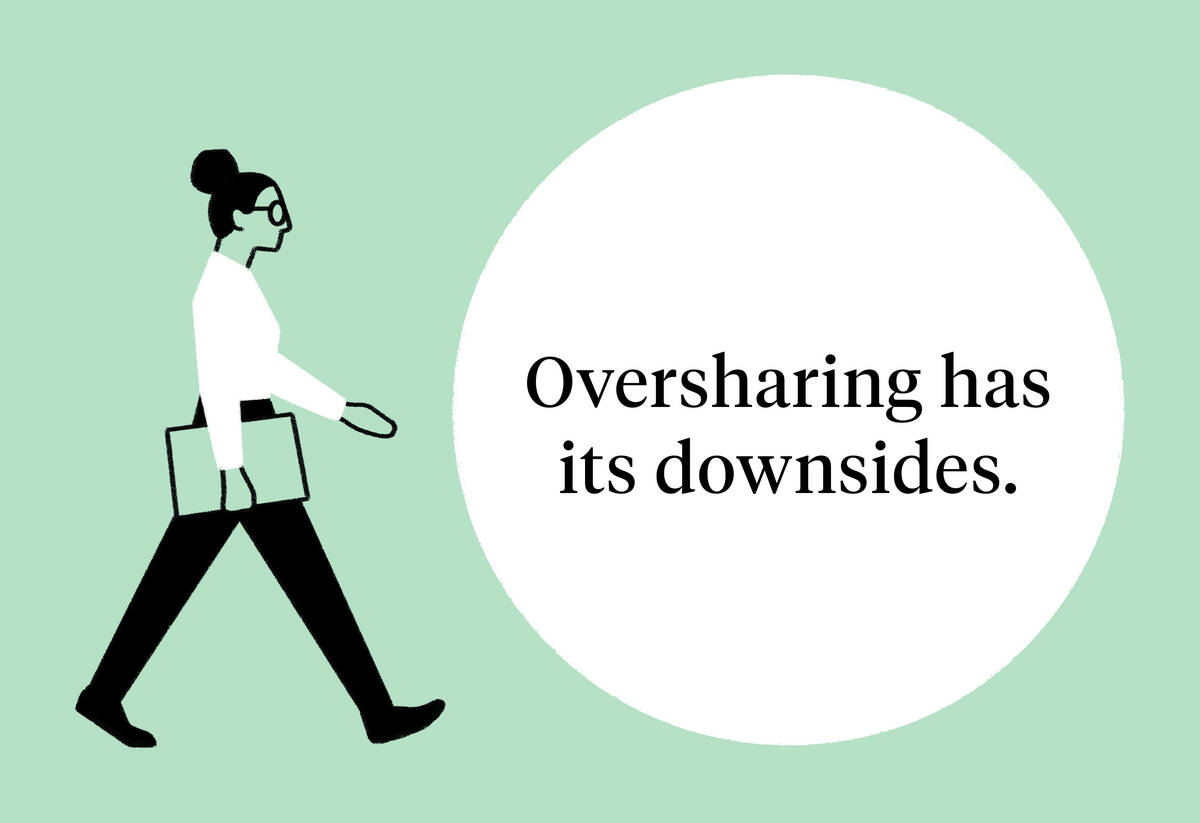Operations Leadership Feb 20, 2020
Podcast: The (Surprisingly Muddy) Case for Transparency
Economists prize sharing information. On this episode of The Insightful Leader, we ask if that’s always the right move.

Businesses have to make all kinds of decisions about if and when to share information. Should you notify customers the instant that their package has shipped? If your warehouse is running low on inventory, do your retailers need to know?
There’s a classic rule in economics that could help answer these questions. This rule says that more transparency and better communication should always lead to better outcomes.
But research from Robert Bray, an associate professor of operations at Kellogg, suggests that this rule doesn’t always hold up. Hear when it might make more sense to keep your cards close to the vest.
Note: The Insightful Leader is produced for the ear, and not meant to be read as a transcript. We encourage you to listen to the audio version above. However, a transcript of this episode is available here.



